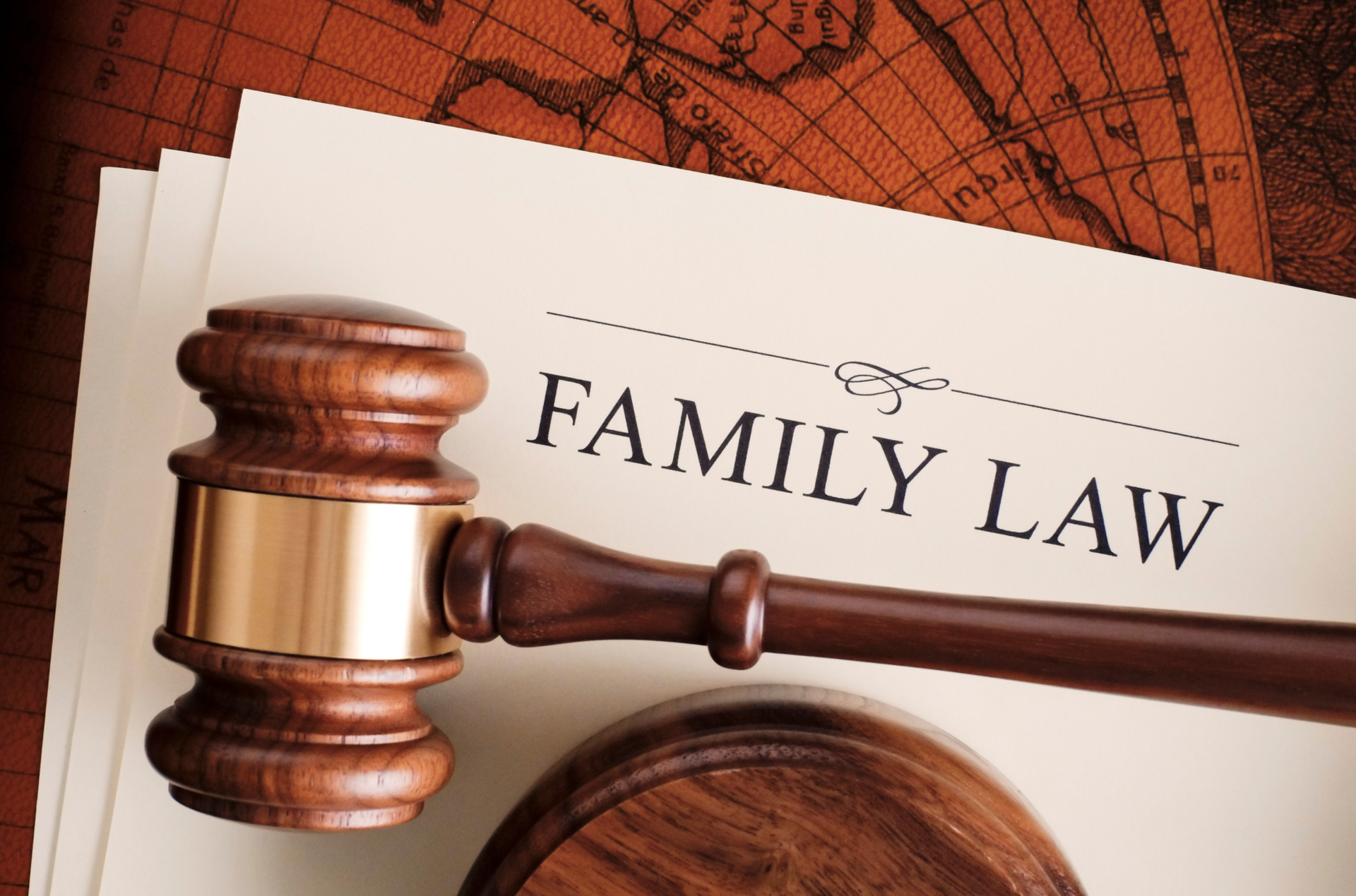Confirmatory Adoption - Because Being on the Birth Certificate is Not Enough to Ensure Second Parents' Rights

As an adoption attorney, I often work with families navigating the complex and emotional journey of parenthood. One of the most pressing legal concerns I address, especially for same-sex couples or families formed through assisted reproduction, is ensuring that both parents' rights are fully protected. While many parents believe that simply being listed on their child's birth certificate is enough to secure their legal rights, the reality is much more complicated. This is where the importance of confirmatory adoption comes into play.
What is Confirmatory Adoption?
Confirmatory adoption (also frequently referred to as second parent adoption) is a legal process in which one parent—often the non-birthing parent in a same-sex couple—formally adopts the child, confirming the legal relationship of parent and child. This step is crucial because it solidifies both parents rights and provides essential protections in the event of separation, divorce, or in the event the parentage of a child was challenged.
For many parents, the concept of adoption might seem unnecessary, especially when the parent’s name appears on the child’s birth certificate. However, the reality is that being listed on the birth certificate may not always be a guarantee that the second parent’s rights are secure in the eyes of the law. Confirmatory adoption is the legal safeguard that ensures both parents' rights are unequivocally recognized.
Why Being on the Birth Certificate Isn't Enough
- Varied State Laws
In the United States, people often look to the birth certificate to determine the parentage of a child. Being on the birth certificate through a marital presumption could create challenges in the future if marriage was challenged/overturned and a State would not recognize a birth certificate listing two parents of the same gender. Completing the adoption removes that risk of challenge. - Potential for Legal Disputes
Even if a second parent is listed on the birth certificate, a court may not automatically recognize their legal parentage in certain circumstances. For example, if the biological parent dies or if the couple separates, a non-adoptive second parent could face challenges asserting their rights, especially if the biological parent’s family or others dispute their standing as a legal parent. - No Guarantee of Parental Rights in Case of Separation or Death
Without a confirmatory adoption, the non-delivering parent may face difficulties in asserting parental rights in the event of divorce, separation, or the death of the biological parent. Without the formal adoption decree, the second parent may not be entitled to make decisions about the child's welfare, such as medical or educational decisions, or even to seek custody or visitation if laws changed in the future.
Additionally, if the delivering parent passes away and the parentage of the surviving parent is challenged, they may need to go through the legal process of guardianship or even an adoption to secure custody, which can be time-consuming, expensive, and emotionally taxing for both the parent and the child. - Lack of Inheritance Rights
One often-overlooked aspect of legal parentage is inheritance. If the second parent has not legally adopted, their child may not automatically inherit from them in the event of their death if laws changed in the future. Confirmatory adoption ensures that the child has the right to inherit from both parents, providing a sense of security and financial stability. - Challenges in Interstate Recognition
Even if the second parent’s name is on the birth certificate in their home state, other states may not recognize the second parent’s legal rights if the family moves or travels if laws were to change in the future. A confirmatory adoption can help ensure that parental rights are respected across state lines and provide more uniform recognition of parental authority.
The Confirmatory Adoption Process
The process for confirmatory adoption can vary depending on your state, but typically it involves a relatively simple legal procedure. The process in D.C., Maryland and Virginia is accessible and achievable. The process in these jurisdictions involved paperwork being submitted to the court and the court making a ruling based on these filings. A court hearing is not required, except in specific circumstances. In most cases, the process is designed to be relatively quick and straightforward.
Once completed, the confirmatory adoption provides the adopting parent with the same legal rights and responsibilities as the biological parent, making them both the child's legal parent. This includes rights to custody, visitation, decision-making, and inheritance.
Why You Should Consider Confirmatory Adoption
- Legal Security: Confirmatory adoption provides a strong legal foundation, ensuring that both parents are recognized by the court and have equal rights.
- Protection in Case of Separation or Death: With a formal adoption, second parents are more secure in the event of a divorce, separation, or if something happens to the biological parent, as the Judgment of Adoption is afforded full faith and credit.
- Inheritance Rights: Confirmatory adoption ensures that the child can inherit from both parents, eliminating potential legal challenges after a death.
- Peace of Mind: Completing the adoption process provides families with peace of mind, knowing that both parents' rights are legally secure and the child is protected.
Final Thoughts
As an adoption attorney, I urge families to consider confirmatory adoption as a critical step in securing their parental rights. While being on a birth certificate may seem like enough, it is not a guarantee that those rights will be upheld in all circumstances. Confirmatory adoption offers essential legal protection and ensures that both parents are recognized as equal and irreplaceable parts of their child’s life.
If you are considering a confirmatory/second parent adoption, or if you have questions about the legal process, don't hesitate to reach out to Modern Family Formation. Ensuring that your family’s legal standing is secure is one of the best things you can do for your child’s future.
If you have questions or would like to learn more about second-parent adoption, please
contact Modern Family Formation today!











